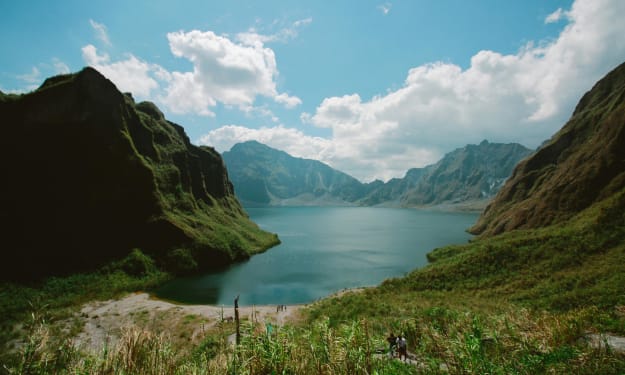Sun Vanishes: Catastro
Would We Survive if the Sun Suddenly Disappeared?

The scenario you described, where the sun disappears into thin air, would have catastrophic consequences for Earth and the entire solar system. Since the sun is the center of our solar system and supplies energy to all the planets, its sudden disappearance would have immediate and long-term effects.
Earth and the other planets' orbits: With the sun's gravitational pull gone, the planets would continue moving in a straight line due to their inertia. They would eventually leave the solar system and keep traveling through the dark void of space until they encounter another massive object with gravitational influence, like another star.
Light and Darkness: As you mentioned, it takes about 8 and a half minutes for sunlight to reach Earth. So, even if the sun disappeared, we would still see the last rays of light for those 8 minutes. After that, the entire solar system would be engulfed in darkness, except for the light from distant stars.
Temperature: The absence of sunlight would lead to a rapid drop in temperatures on Earth. While the planet's core would still produce some heat, it would not be enough to sustain life. The surface temperatures would plummet, causing freezing conditions worldwide.
Atmosphere: Without sunlight, photosynthesis would cease, and plants would stop producing oxygen. Additionally, the lack of sunlight would cause the atmosphere to collapse, exposing the planet to harmful space radiation.
Life on Earth: Most life on Earth heavily depends on sunlight, either directly or indirectly. The sudden disappearance of sunlight would disrupt ecosystems, leading to mass extinctions. Plants, which are the foundation of most food chains, would die off quickly, causing a ripple effect throughout the entire food web. Animals that rely on plants for food would also perish.
Human survival: In such a scenario, human survival would be extremely challenging. The lack of food and extreme cold would make it nearly impossible for humans to survive for an extended period. Some underground or sheltered communities might last a bit longer, but ultimately, the absence of sunlight and food sources would lead to the demise of human civilization.
It's essential to note that such a scenario is purely speculative and highly unlikely to occur naturally. The sun's life cycle is well understood by scientists, and its disappearance would not happen abruptly. As a star, the sun has a finite lifespan, and it will eventually exhaust its nuclear fuel, expanding into a red giant and then shedding its outer layers to become a white dwarf. However, this process will take billions of years, and humans will likely not be around to witness it.
About the Creator
debrah bipa
read story about surviving every day. here comes stories about all






Comments
There are no comments for this story
Be the first to respond and start the conversation.